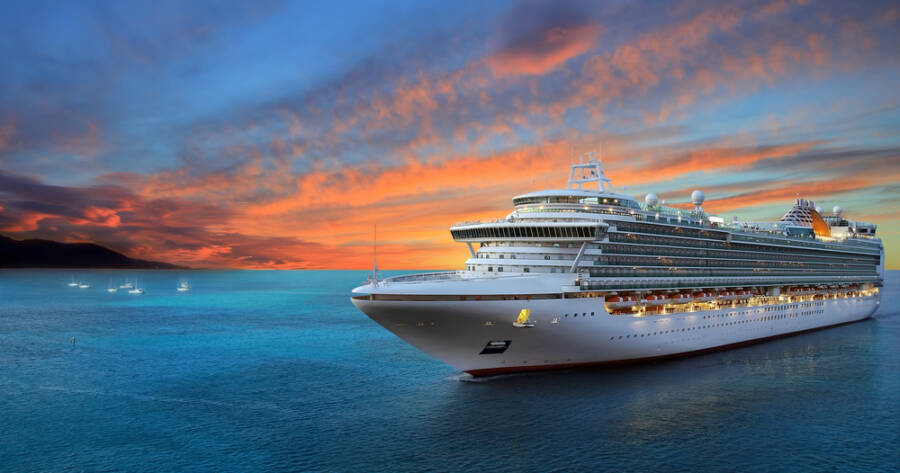Deciding between all-inclusive cruises and resorts involves weighing various features, from dining and entertainment to accommodations and cultural exploration. Each offers distinct advantages—cruises provide dynamic itineraries and scenic vistas, while resorts offer spacious retreats and cultural immersion. Understanding these elements will help tailor a vacation experience that aligns with individual preferences and budgets.
All-Inclusive Cruises vs. Resorts: Which Is Best For You?
When it comes to vacation planning, the decision between all-inclusive cruises and resorts can be tricky. Both options offer comprehensive packages that include accommodations, meals, and entertainment. However, the choice largely depends on personal travel preferences and specific inclusions desired. All-inclusive cruises typically include basic meals, drinks, and entertainment in the base fare, with high-end lines offering additional amenities like Wi-Fi or alcoholic beverages through promotional packages. Conversely, all-inclusive resorts generally provide an all-encompassing package covering accommodations, meals, drinks, and access to amenities like kids’ clubs, with extra fees for premium services or activities based on location and amenities.
The Dynamics of Dining Experiences and Entertainment
Cruises are known for their diverse entertainment options, serving a broad array of entertainment activities, including Broadway-style shows and games larger in scale than those often found at resorts. Cruises offer numerous dining venues, providing a variety of culinary experiences, although some high-end options may incur additional costs. In contrast, all-inclusive resorts might offer a fewer number of included dining choices but emphasize fresh, locally-sourced food. Resorts tend to offer a laid-back pace, ideal for relaxation by the pool, while visitors to cruises enjoy the changing ocean scenery and a dynamic entertainment lineup.
Accommodations and Room Experience
One noticeable distinction between all-inclusive resorts and cruises is the size and style of accommodations. Resorts usually provide more spacious rooms with unique features like swim-up suites or expansive patios, contributing to a leisurely, comfortable stay. In comparison, cruise ship cabins—although compact—offer the novelty of traveling with accommodations, ranging from inside staterooms to exterior balcony cabins with breathtaking ocean views. This accommodation style demands a degree of compactness but delivers a unique traveling experience convenient for trip mobility.
Cultural Immersion and Exploration Opportunities
Travelers seeking cultural immersion may find all-inclusive resorts more accommodating, as they provide opportunities to explore local cultures and communities more profoundly than the quick port stops typical of cruises. Resorts encourage guests to immerse themselves in the local environment with ample time to absorb cultural experiences. Conversely, cruises enable exploration across multiple destinations, allowing passengers to enjoy varied landscapes and cultures in a single trip. This variety appeals to those looking to sample different locations quickly without having to frequently adjust their accommodations across multiple destinations.
Cost Considerations and Planning
Cost plays a pivotal role in determining the suitability of cruises versus resorts. Cruises often appear more affordable initially but may accrue additional costs for items such as gratuities, drinks, or specialty dining. In contrast, all-inclusive resorts typically bundle these expenses upfront, offering greater transparency regarding the overall cost. Despite this, for travelers who avoid alcohol, specialty dining, or paid excursions, cruises can offer a more financially savvy option. The planning convenience afforded by both vacation types makes them attractive options, as they require minimal upfront effort—a great fit for travelers looking for hassle-free vacation choices with minimal planning.
Why You Should Learn More About All-Inclusive Cruises vs. Resorts Today
Choosing between an all-inclusive cruise and a resort can profoundly affect the quality and experience of a vacation. By understanding the differences, travelers can better align their decisions with personal preferences, lifestyle, and budget. Assessing factors such as dining options, entertainment, accommodation styles, and cost transparency can guide travelers to make informed choices that maximize enjoyment and value. As the travel landscape continues to evolve, exploring more about these options can provide insights into how different vacation styles meet unique needs and preferences, ensuring memorable getaways tailored to individual desires.
